Yemeni refugees find hope—and home—in Somaliland
Story written and photographed during a trip to Somaliland to add a positive perspective to the global refugee discussion.
Personal Project (Unpublished)
Date: March 2017
Categories: Photography ‧ writing
Location: Berbera & Hargeisa, Somaliland
◄ portfolio

The story about the Yemeni refugees in Somaliland showcases the larger problems facing refugees, and how they can thrive if they are given the space and chance to improve their lives away from home.
Because of the geographical contiguity and historical trade with Somaliland, many Yemenis have integrated quickly and found hope and a home in the self-declared state in northern Somalia.
One of them is Abu Abdula Al Haj, the spokesperson for the Yemeni community in the port city of Berbera. Haji, who used to work as a newspaper editor, says that he likes living in Berbera. The city, he said, offers Yemenis an opportunity to reinvent themselves. Yemenis here work in the fishing industry, interior decoration and manage restaurants.
“People are welcoming here,” Haji says. Together with Somali and Yemeni businessmen, Haji exports medicine to Yemen, a rare commodity since the war intensified.
Tofik Mohamed fled from Dhamar in southwest Yemen a year ago. Mohamed works at the Al-Yemen Al-Saeed restaurant in Berbera. Aside from the language barrier, he says he has found it easier to assimilate and adapt to the local customs and habits. When he’s not working, he spends his free time chewing khat, learning Somali and going to the beach.
The locals in Berbera seem content with the sudden influx of Yemenis to their small town. After the civil war in Somalia began in 1991, tens of thousands of Somalis left this same northern coast on dhows and skiffs to seek refuge in Yemen. “We are the same,” is the repeated response from many Somalis, especially those who work with Yemenis.
However, some Yemenis I spoke with said that they have been harassed on the streets, and that Somali businessmen have approached the landlords of their business premises offering them more money for rent. Hannah Saeed, a Yemeni whose mother is Somali, recalls being told by locals, “You are Yemeni? Go back.”
In Hargeisa, all is not rosy for Nada Gamal and her family too. After evacuating their apartment in Aden, the family spent the first two years in Somaliland living in a simple nomadic hut. The former English teacher first worked as a cleaner before landing a gig doing English and Arabic translations.
Despite the hardships, Gamal says she is grateful to be in Somaliland. “Of course I like it,” she says, adding that the Somalis are becoming more accepting. “We can live with them peacefully.”
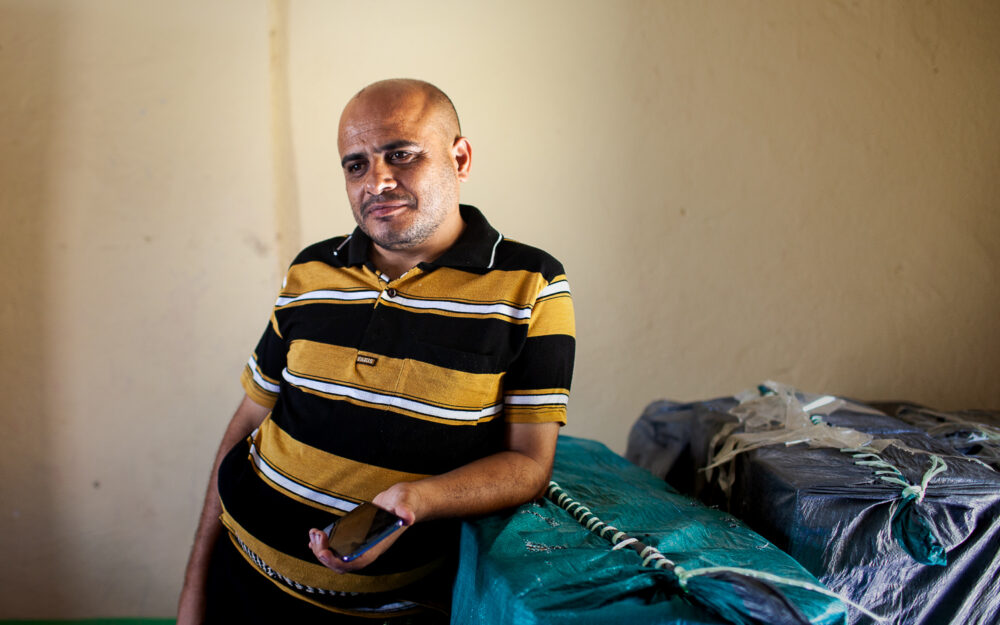 Abdula Al Haj sees many business opportunities in Somaliland
Abdula Al Haj sees many business opportunities in Somaliland
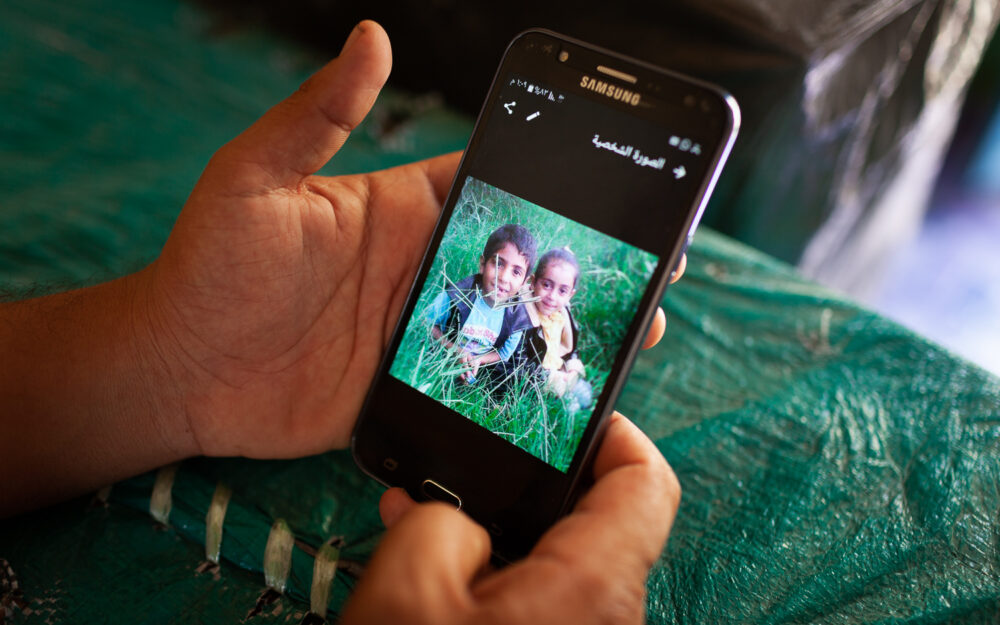 Abdu’s two Children are still in Yemen
Abdu’s two Children are still in Yemen
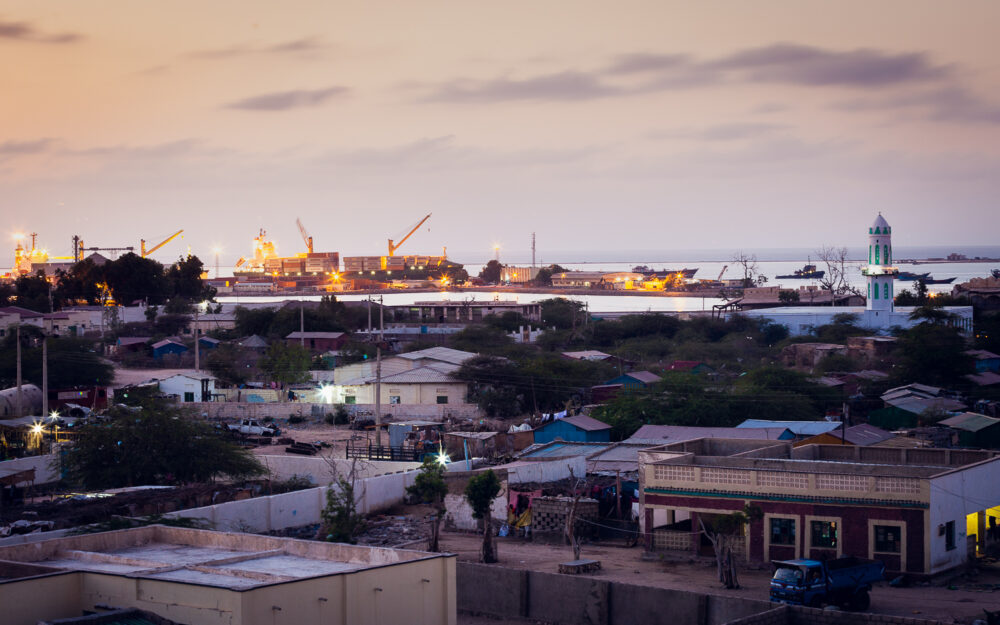 Throughout history the ancient port city Berbera has been home to people from the Middle East
Throughout history the ancient port city Berbera has been home to people from the Middle East
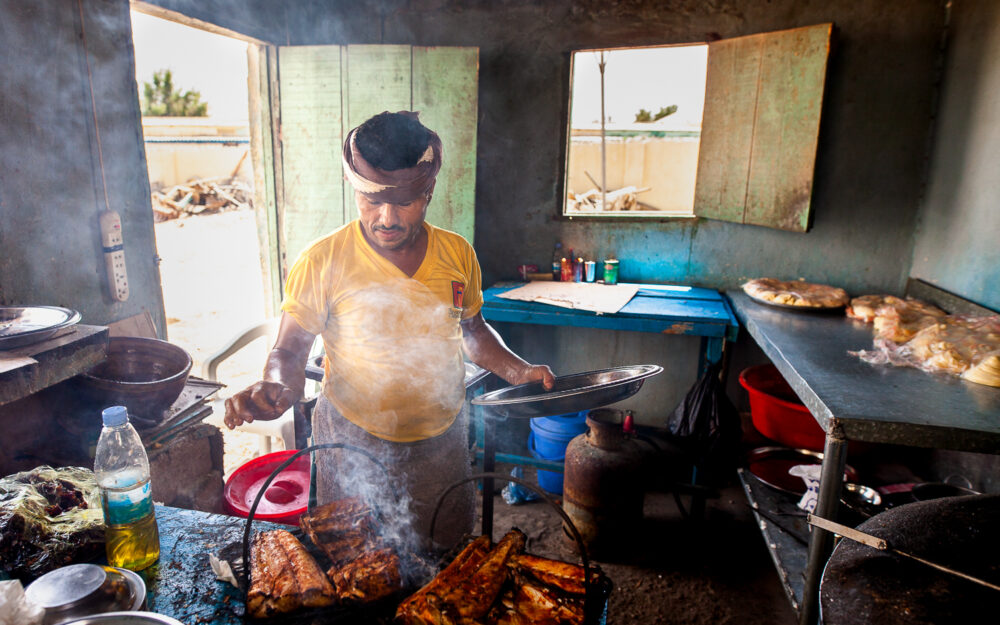 Ezi Mohamed was a baker and now works at the Yemeni restaurant in Berbera
Ezi Mohamed was a baker and now works at the Yemeni restaurant in Berbera
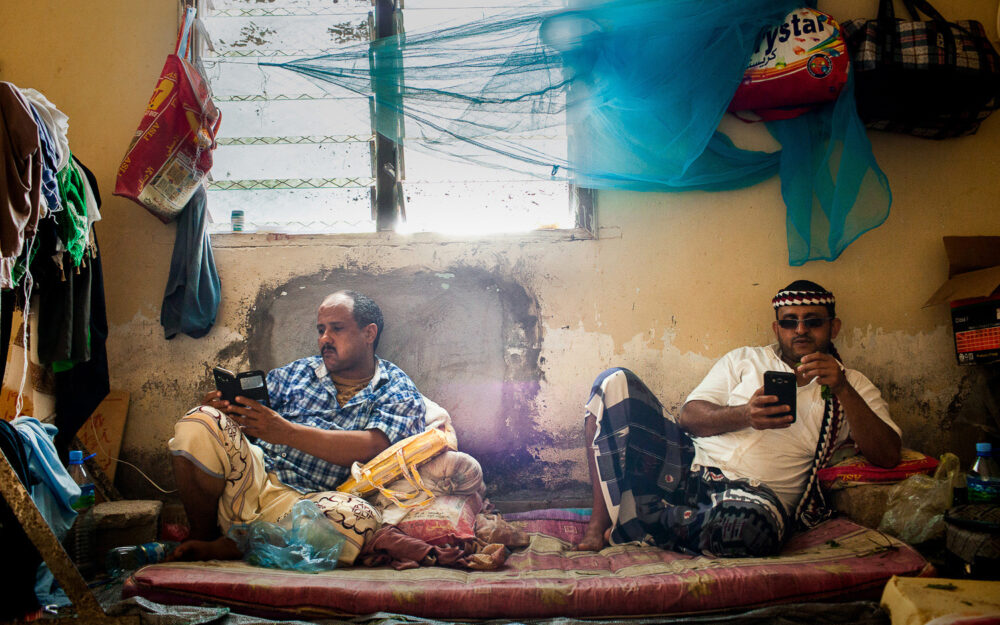 Abdullah and Muad are chewing Khat during a work break
Abdullah and Muad are chewing Khat during a work break
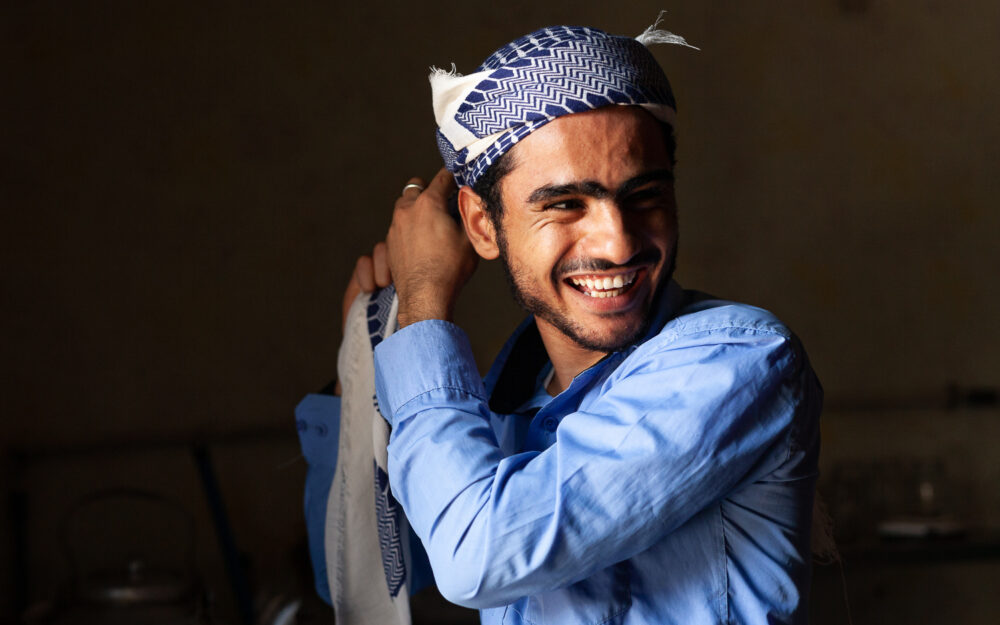 Tofik is dressing up for an afternoon at the beach
Tofik is dressing up for an afternoon at the beach
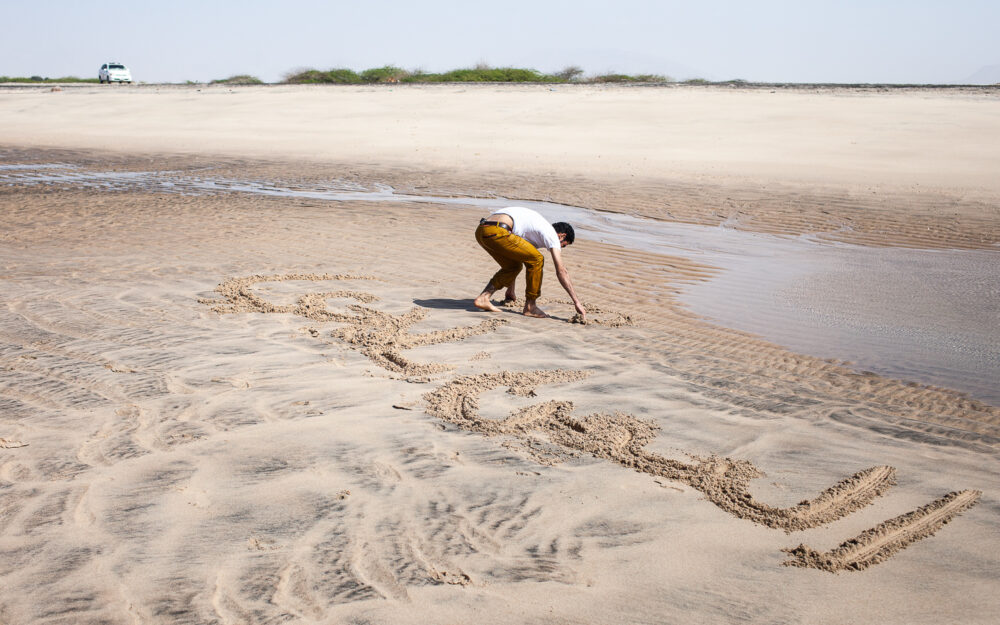 “My Yemen”–Tofik regularly writes love notes to his homeland in the sand
“My Yemen”–Tofik regularly writes love notes to his homeland in the sand
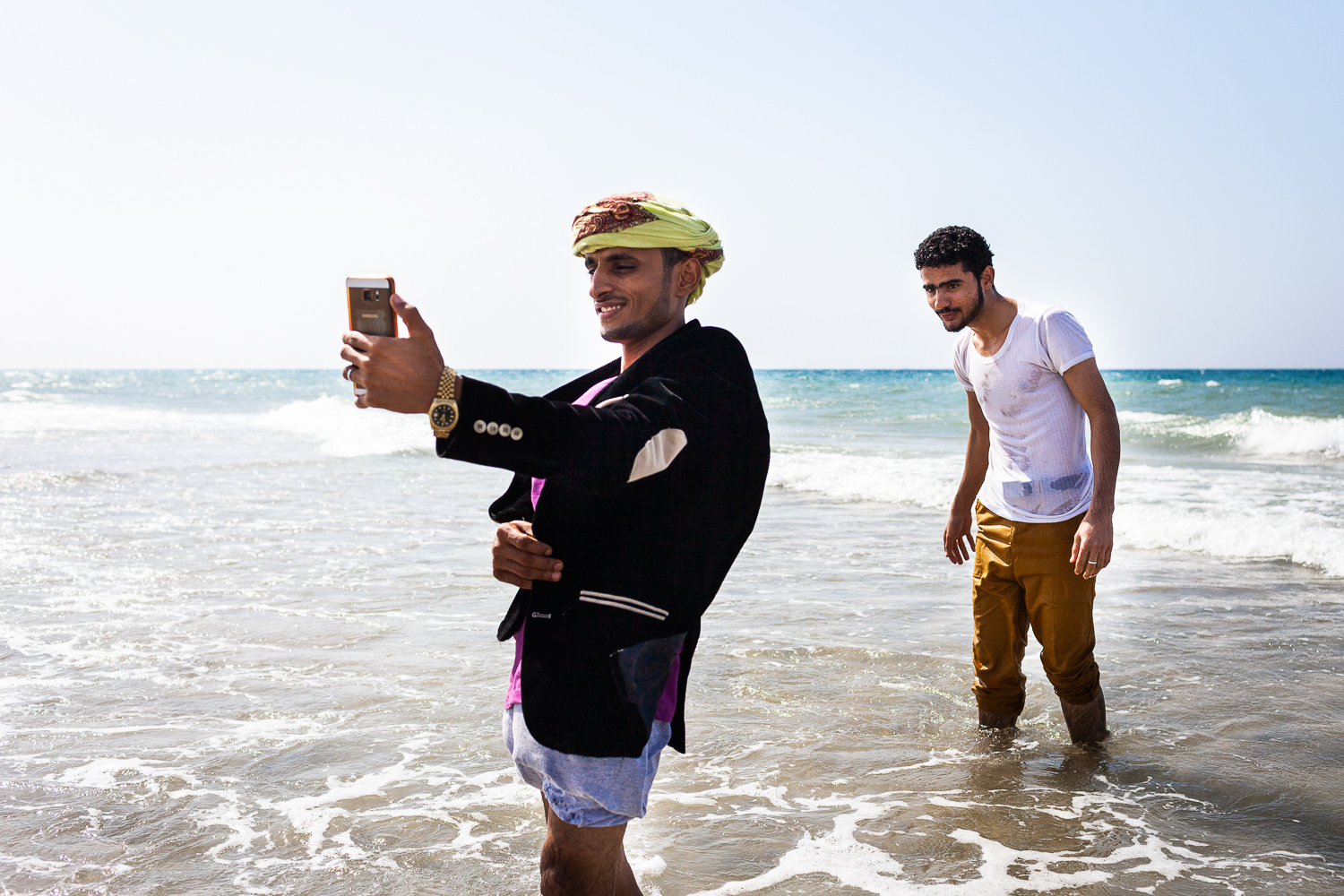 Restaurant manager Muktar and Tofik
Restaurant manager Muktar and Tofik
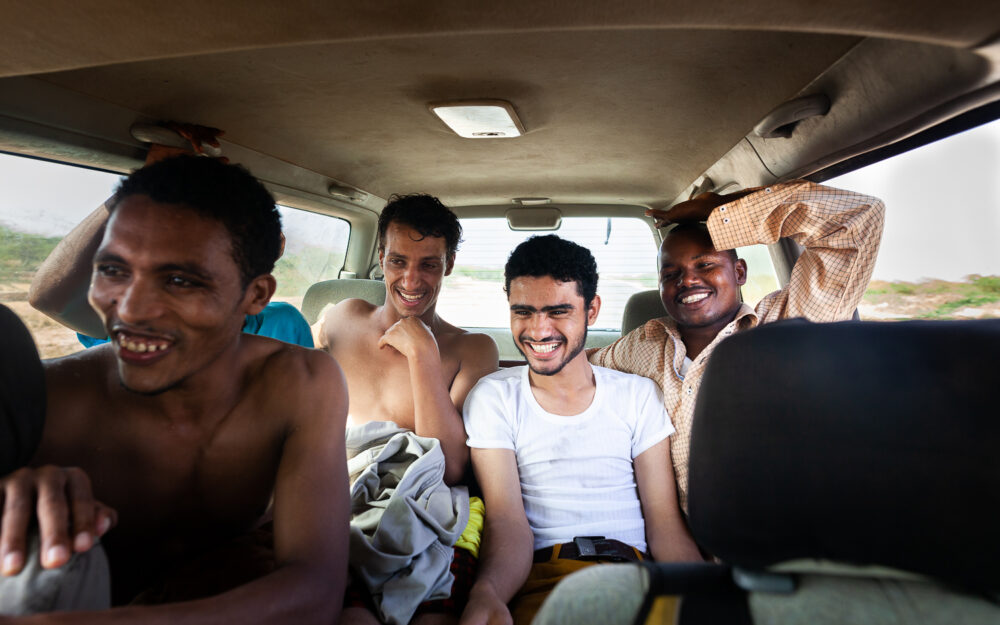 Tofik and his work colleagues return from the beach
Tofik and his work colleagues return from the beach
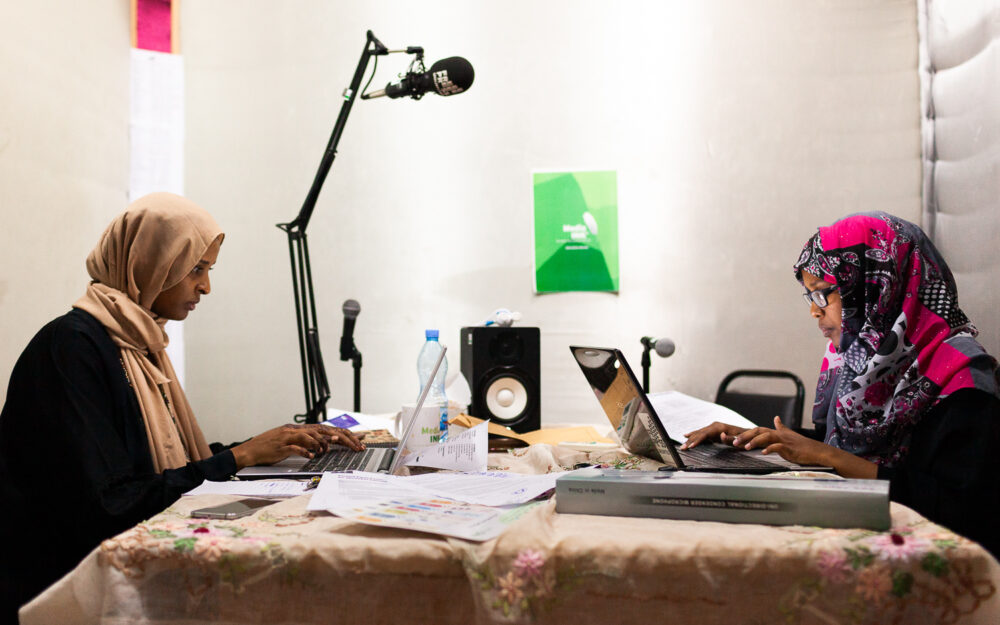 Nada doing translations at her office in Hargeisa
Nada doing translations at her office in Hargeisa
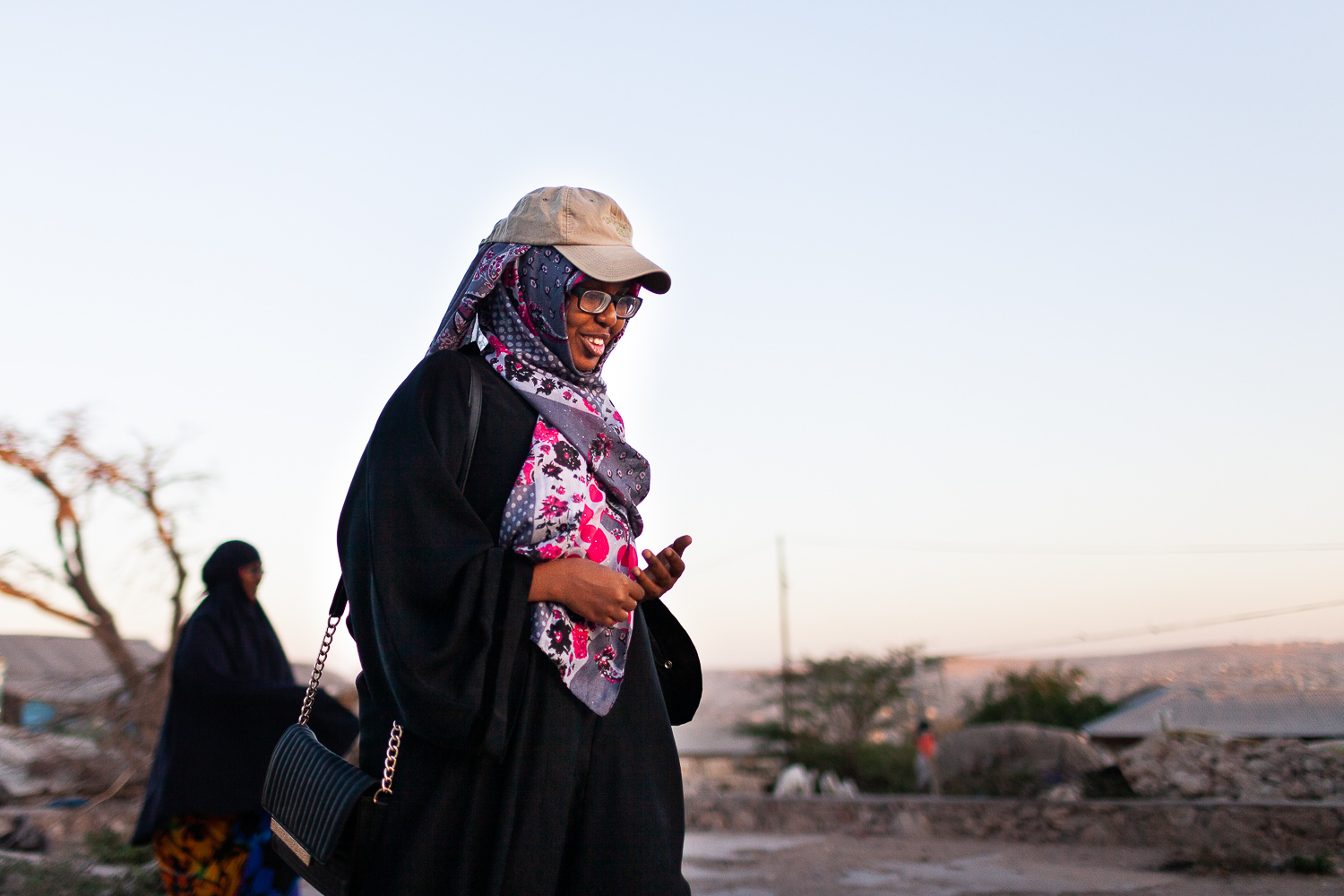 Nada Gamal’s father is still in Yemen, suffering from a heart disease
Nada Gamal’s father is still in Yemen, suffering from a heart disease
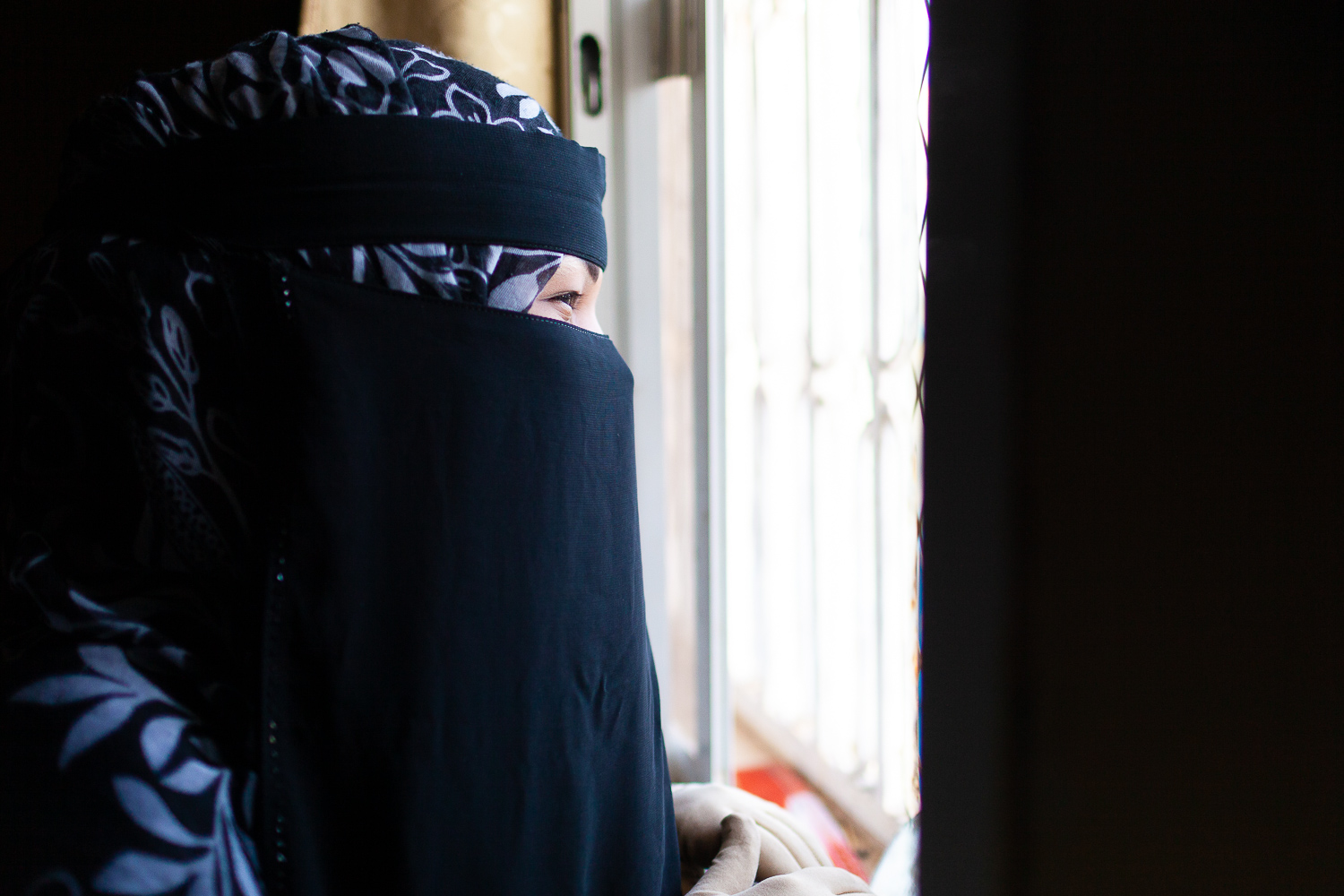 Hanah Saeed studies ICT at a local university
Hanah Saeed studies ICT at a local university
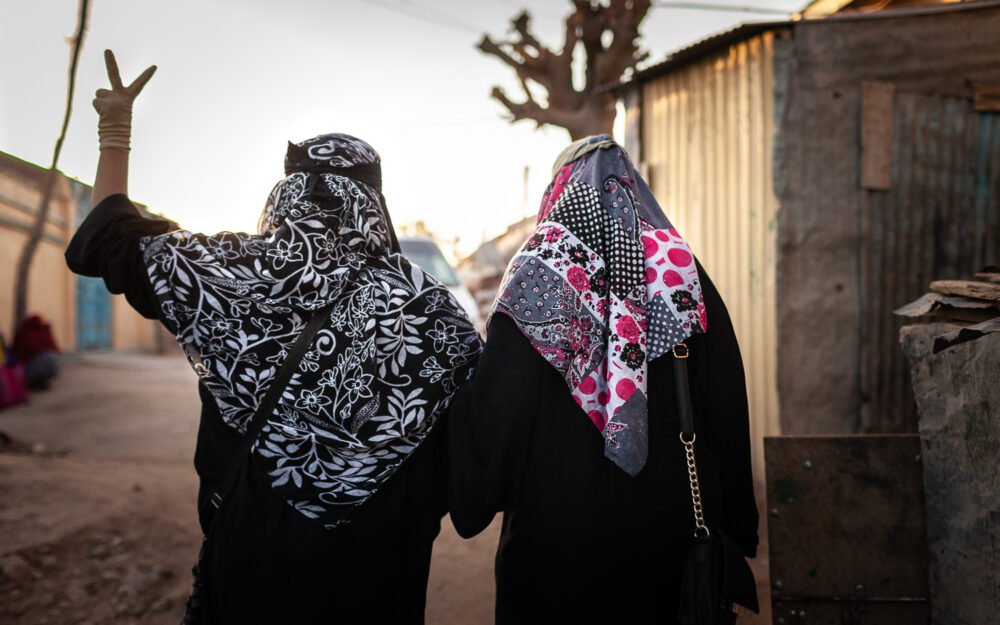 Hanah and Nada grew up together in Aden
Hanah and Nada grew up together in Aden